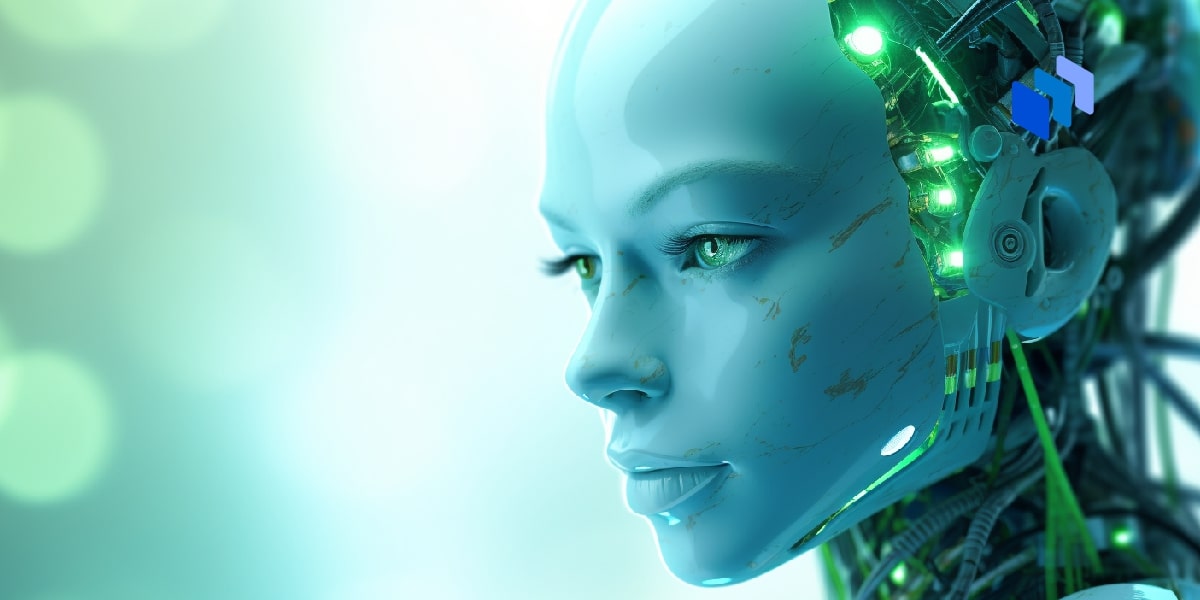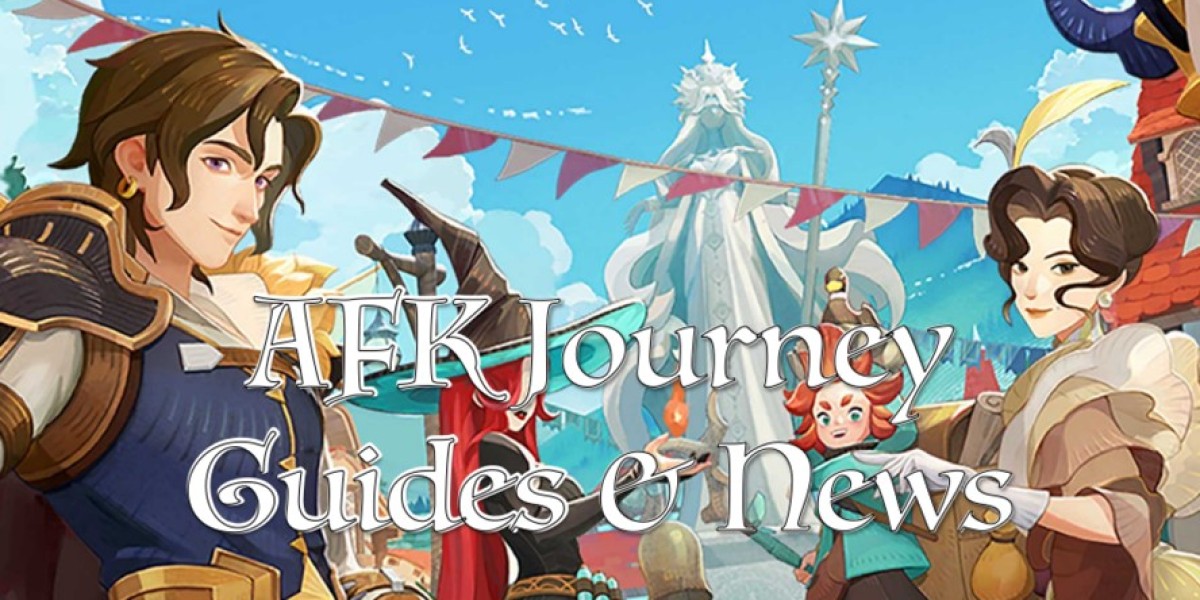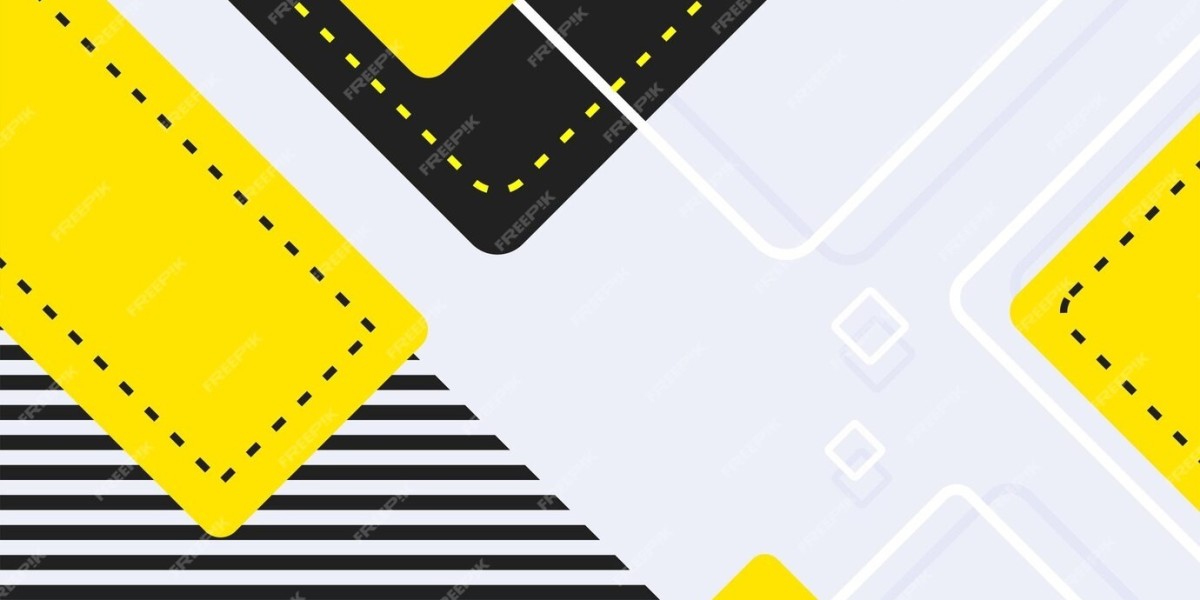
Technology is changing our world at an astonishing pace! Its sweeping modifications can be found all over and they can be explained as both thrilling, and at the very same time frightening. Although people in numerous parts of the world are still trying to come to terms with earlier technological revolutions together with their sweeping social and academic implications - which are still unfolding, they have actually been woken up to the truth of yet another digital transformation - the AI revolution.
Expert System (AI) technology refers to the capability of a digital computer system or computer-controlled robotic to perform jobs that would otherwise have actually been carried out by humans. AI systems are created to have the intellectual procedures that characterize people, such as the capability to factor, discover meaning, generalize or gain from previous experience. With AI innovation, vast amounts of details and text can be processed far beyond any human capacity. AI can likewise be used to produce a large variety of new content.
In the field of Education, AI technology comes with the possible to allow brand-new types of teaching, learning and academic management. It can also enhance discovering experiences and support teacher jobs. However, in spite of its favorable capacity, AI likewise presents substantial threats to students, the mentor neighborhood, education systems and society at large.
What are a few of these threats? AI can minimize teaching and finding out procedures to calculations and automated tasks in manner ins which devalue the role and impact of instructors and compromise their relationships with students. It can narrow education to only that which AI can process, design and provide. AI can likewise aggravate the around the world scarcity of qualified teachers through disproportionate costs on technology at the expense of financial investment in human capability advancement.
The usage of AI in education likewise produces some fundamental concerns about the capacity of teachers to act purposefully and constructively in figuring out how and when to make sensible usage of this innovation in an effort to direct their professional development, find services to obstacles they deal with and enhance their practice. Such fundamental concerns consist of:
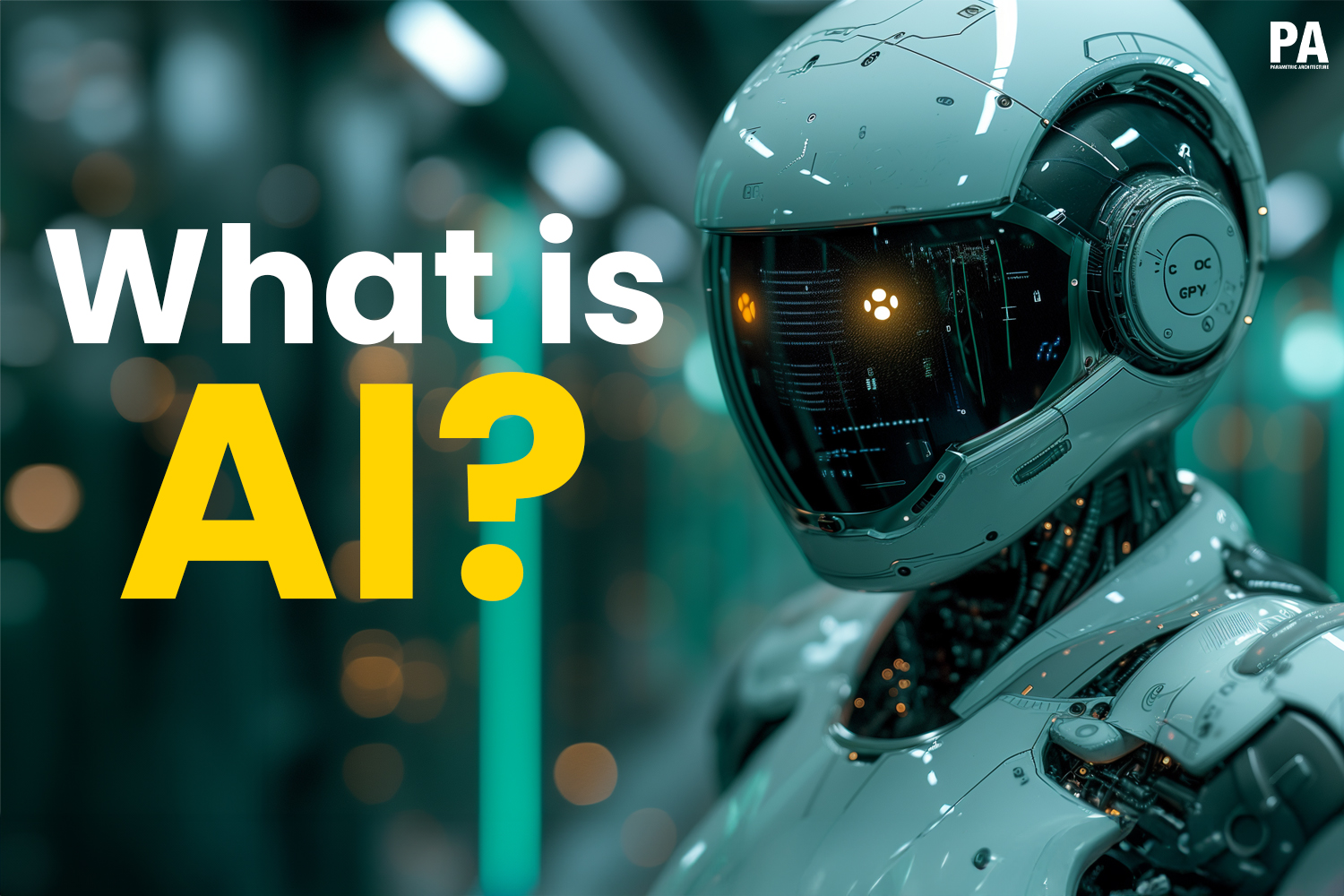
· What will be the function of teachers if AI technology become widely implemented in the field of education?
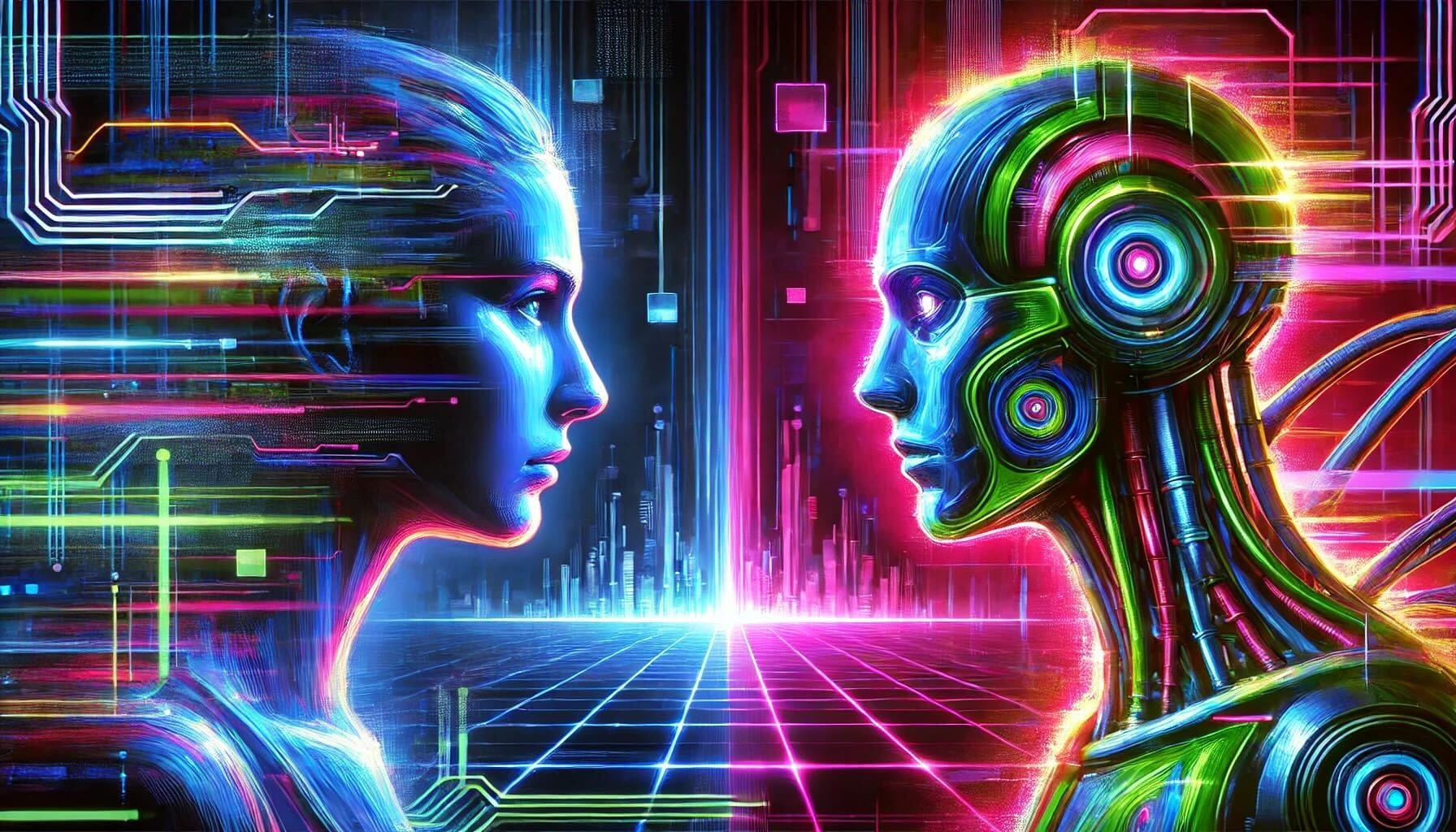
· What will assessments appear like?
· In a world where generative AI systems appear to be establishing brand-new abilities by the month, sitiosecuador.com what skills, outlooks and competencies should our education system cultivate?

· What changes will be required in schools and beyond to assist students plan and online-learning-initiative.org direct their future in a world where human intelligence and maker intelligence would seem to have ended up being ever more carefully linked - one supporting the other and vice versa?
· What then would be the purpose or role of education in a world controlled by Expert system innovation where people will not necessarily be the ones opening new frontiers of understanding and knowledge?
All these and more are daunting concerns. They force us to seriously think about the concerns that occur concerning the execution of AI innovation in the field of education. We can no longer simply ask: 'How do we get ready for an AI world?' We must go deeper: 'What should a world with AI appear like?' 'What roles should this effective technology play?' 'On whose terms?' 'Who chooses?'
Teachers are the primary users of AI in education, hb9lc.org and they are expected to be the designers and facilitators of students' learning with AI, the guardians of safe and ethical practice across AI-rich academic environments, and to act as good example for long-lasting learning more about AI. To presume these obligations, instructors require to be supported to establish their abilities to leverage the potential benefits of AI while reducing its risks in education settings and larger society.
AI tools should never be designed to replace the legitimate accountability of teachers in education. Teachers ought to stay accountable for pedagogical choices in the use of AI in mentor and in facilitating its uses by trainees. For instructors to be accountable at the useful level, a pre-condition is that policymakers, teacher education institutions and schools presume responsibility for preparing and supporting instructors in the correct usage of AI. When introducing AI in education, legal defenses must likewise be established to safeguard teachers' rights, and long-lasting monetary commitments need to be made to make sure inclusive access by instructors to technological environments and standard AI tools as vital resources for adjusting to the AI age.
A human-centered technique to AI in education is vital - an approach that promotes key ethical and
useful concepts to help regulate and direct practices of all stakeholders throughout the whole life process of AI systems. Education, given its function to safeguard as well as facilitate advancement and learning, has an unique commitment to be totally knowledgeable about and responsive to the risks of AI - both the recognized dangers and those only simply coming into view. But too typically the dangers are overlooked. Making use of AI in education for that reason requires mindful factor to consider, including an assessment of the evolving roles teachers require to play and memorial-genweb.org the competencies required of instructors to make ethical and reliable usage of Artificial Intelligence (AI) Technology.
While AI uses opportunities to support teachers in both teaching in addition to in the management of learning procedures, significant interactions in between teachers and trainees and human flourishing need to stay at the center of the instructional experience. Teachers ought to not and can not be replaced by innovation - it is vital to protect teachers' rights and guarantee appropriate working conditions for them in the context of the growing use of AI in the education system, forum.altaycoins.com in the work environment and oke.zone in society at large.
